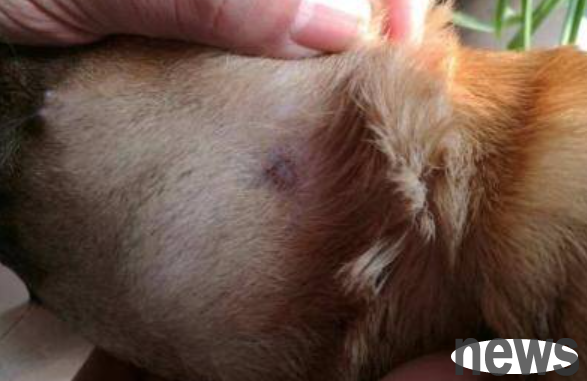What to do if you have eczema in your dog? What should I do to get rid of eczema in dogs?
With the popularity of pet dogs and more and more families choosing to raise dogs, dog health issues are also being paid more and more attention.

Among them, eczema in dogs is a common skin condition.
What should you do if your dog has eczema? 1. Symptoms of eczema First of all, understanding the symptoms of eczema is very important for timely detection and treatment of the disease.
Eczema in dogs usually manifests as symptoms of moist, redness, and itchy skin, which looks like it is surrounded by blistered objects.
If not treated in time, eczema can spread to other areas, return to inflammation, or even infection.
So, if you see an abnormality on your dog and is trapped in red, moist or discharge, it is recommended to take it to the veterinarian for examination and treatment in time.
2. Cause analysis: Most eczema is caused by excessive sensitivity to the pet dog.
Like other pets, pet dogs are affected by factors such as environmental pollution, overnutrition or lack of nutrition, excessive bathing, excessive consumption of fat and salt.
Sick dogs may also have other skin problems, such as skin infections, urticaria, excessive dryness or exposure to the sun.

3. Preventive measures In order to prevent the occurrence of eczema, we can start from the following aspects: 1. Keep the pet's body clean and dry, and do not over-clean or wipe the body parts.
2. Eat a reasonable diet, ensure balanced nutrition, and eat less greasy food and junk food.
3. Avoid pet clothing being too wet, and choose fabrics with good breathability and high quality to make pet clothing.
4. Avoid excessive sun exposure and pay attention to prevent mosquito bites.
5. Use non-irritating pet supplies, such as shampoo and shampoo.
4. Treatment methods Once a dog is found to have eczema, we should take timely measures to treat it.
The following are some common methods:
1. Keep the skin clean, and clean the pet's environment or bedding according to the veterinarian's prescription or use disinfectant water.
2. Use ointments or topical medicines according to the recommendations of the veterinarian to relieve pet skin allergies and itching symptoms and protect damaged areas of the skin.
3. Drugs with antibacterial and anti-inflammatory effects can be used to eliminate infections and prevent the spread and development of eczema.
4. If the situation is serious, the veterinarian recommends using antibiotics or oral medications according to the situation.
Generally speaking, dog eczema has a certain impact on the health and quality of life of pet dogs.
Therefore, measures must be taken in a timely manner for prevention and treatment to ensure the health and happy life of pet dogs.















